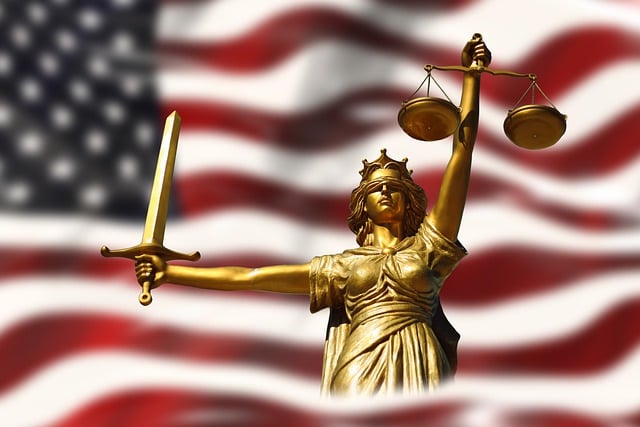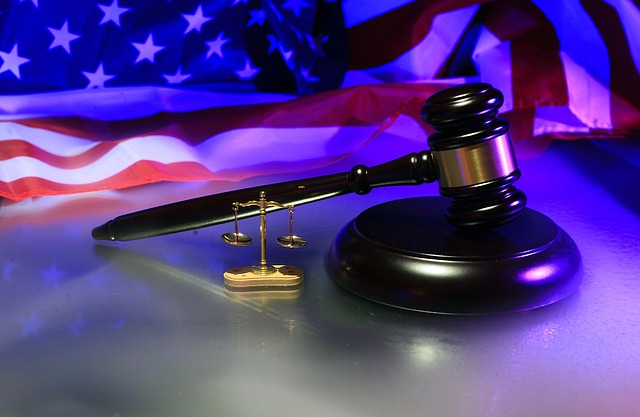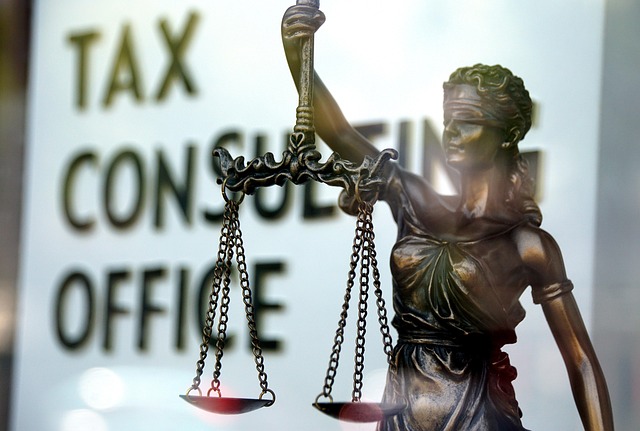In high-stakes legal cases like white-collar crime and healthcare litigation, effectively challenging witness credibility through Strategies to Contest Witness Credibility in Trials is vital for achieving just outcomes. This involves meticulous cross-examination, uncovering biases, inconsistencies, and weaknesses in testimony or expert opinions. Successful attorneys strategically question qualifications, methodology, financial incentives, and prior statements to weaken key witnesses' narratives. These tactics ensure fairness, impact trials, and set industry standards, ultimately protecting client interests and upholding legal integrity.
In the intricate landscape of healthcare litigation, understanding witness credibility is paramount. This article explores crucial strategies for navigating legal proceedings, focusing on effective cross-examination and discrediting expert witnesses. We delve into the foundational principles that underpin legal challenges, offering insights into successful case studies from high-profile healthcare trials. Discover practical techniques to contest witness veracity, enhancing your arsenal of tactics in healthcare legal battles centered around Strategies to Contest Witness Credibility in Trials.
- Understanding Witness Credibility: The Foundation of Legal Proceedings
- Strategies for Effective Cross-Examination: Challenging Testimony
- Legal Maneuvers to Discredit Expert Witnesses
- Case Studies: Successful Challenges in High-Profile Healthcare Trials
Understanding Witness Credibility: The Foundation of Legal Proceedings

In legal proceedings, understanding witness credibility is paramount to achieving just outcomes, especially in high-stakes cases like white-collar and economic crimes. Strategies to contest witness credibility form a critical foundation for both prosecution and defense. Effective tactics involve meticulous cross-examination, challenging inconsistencies or gaps in testimony, and exploring potential biases or motivations. By employing these strategies, legal professionals can weaken the narrative of key witnesses, aiming for winning challenging defense verdicts.
In navigating complex cases, it’s crucial to recognize that witness credibility is not solely about truthfulness but also perceived reliability. Defense attorneys often focus on revealing weaknesses in a witness’s memory, character, or overall believability. This approach can significantly sway the jury’s perception, particularly in intense trials where emotional appeals and subjective interpretations play a role. Understanding these dynamics is key to crafting compelling legal strategies, ensuring fair outcomes in both civil and criminal matters.
Strategies for Effective Cross-Examination: Challenging Testimony

In high-stakes cases, such as white-collar and economic crimes, effectively challenging witness testimony can be a game-changer. Strategies to contest witness credibility in trials are crucial at all stages of the investigative and enforcement process. The cross-examination process must be methodical and tailored to uncover potential biases, inconsistencies, or lack of reliable knowledge.
Attorneys should prepare meticulously, reviewing relevant case law and evidence to identify weaknesses. Direct and indirect methods can be employed to test the witness’s reliability. For instance, questioning the accuracy of records kept by the witness, probing for prior inconsistent statements, or exploring financial incentives tied to their testimony can all serve to undermine its credibility. A strategic approach that considers the unique dynamics of each case is essential to ensure a fair and just outcome in these complex legal battles.
Legal Maneuvers to Discredit Expert Witnesses

In healthcare litigation, discrediting expert witnesses is a strategic maneuver to challenge the validity of their testimony. This often involves scrutinizing their qualifications, methodology, and potential biases. Lawyers employ various strategies to contest witness credibility in trials, including questioning their expertise, highlighting inconsistencies in previous statements, or uncovering financial conflicts of interest. These tactics aim to create doubt in the jury’s mind about the reliability and objectivity of the expert’s opinions.
Across the country, legal professionals have utilized these strategies to achieve complete dismissal of all charges in high-stakes cases. By presenting compelling evidence that undermines the witness’s credibility, defense teams can significantly impact the outcome. This process requires meticulous research, a deep understanding of the law, and a skilled advocate to navigate complex evidentiary rules, ensuring a fair trial for corporate and individual clients alike.
Case Studies: Successful Challenges in High-Profile Healthcare Trials

In the realm of healthcare legal issues, high-profile trials often attract significant attention due to their impact on industry standards and patient care. Case studies of successful challenges in these cases offer valuable insights into effective strategies employed by legal teams. One notable approach is the meticulous examination of witness credibility using innovative strategies to contest witness credibility in trials. These methods have proven instrumental in achieving favorable outcomes, especially in high-stakes cases involving corporate and individual clients.
Legal professionals have demonstrated an unprecedented track record in leveraging thorough cross-examination, expert testimony, and robust documentation to challenge the accuracy and reliability of witness statements. Such tactics not only protect clients’ interests but also contribute to a more rigorous legal process. This strategic approach has become a cornerstone in navigating complex healthcare litigation, ensuring that justice is served with integrity and fairness.
In navigating healthcare legal issues, understanding witness credibility and employing effective strategies to contest it are paramount. By mastering cross-examination techniques and utilizing legal maneuvers to discredit expert witnesses, attorneys can challenge testimony and ensure fair trials. The case studies highlighted demonstrate the impact of successful challenges in high-profile cases, underscoring the importance of these strategies in safeguarding justice within the healthcare sector.






